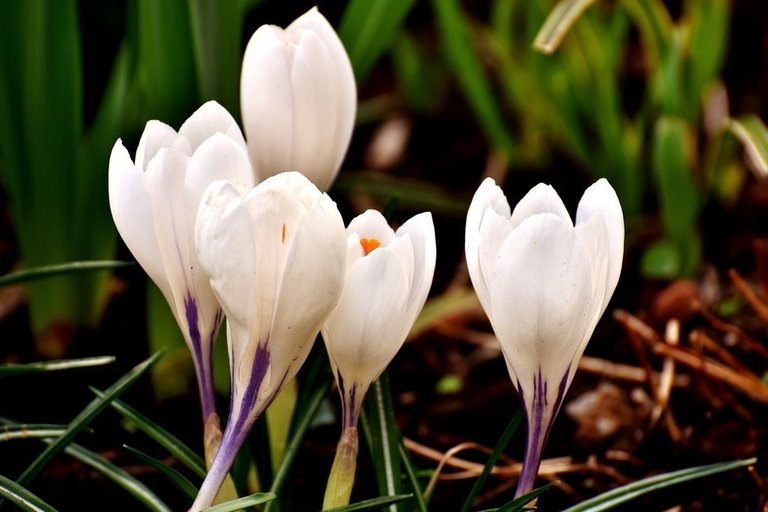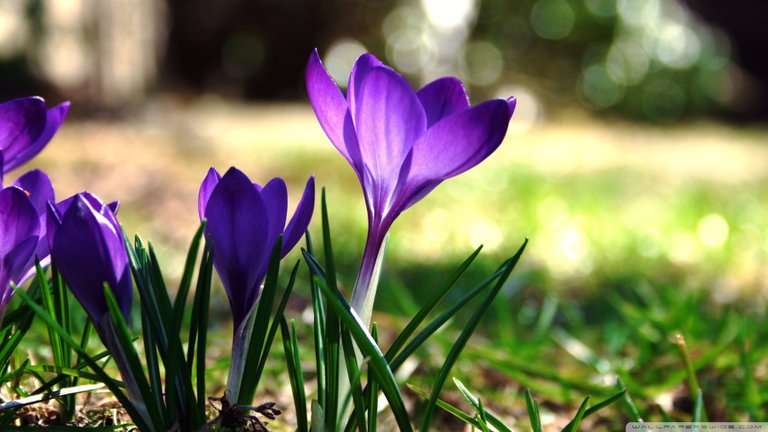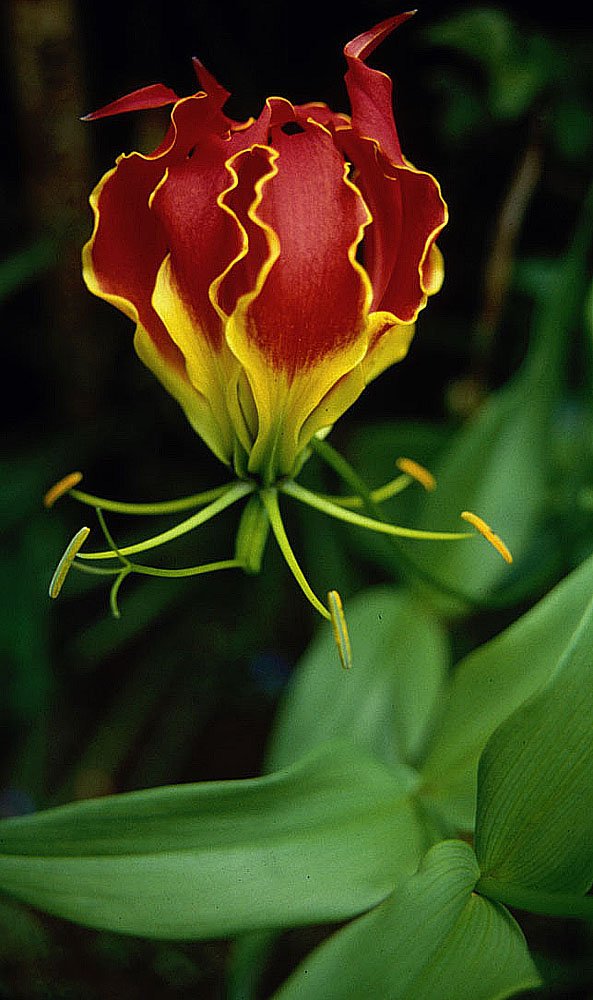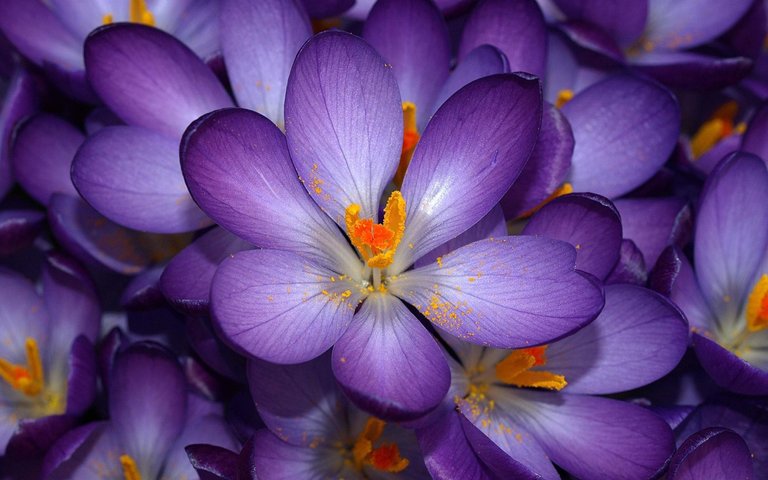Common Name:
Autumn crocus, meadow saffron
Botanic Name:
Colchicum autumnale
Plant Family:
Liliaceae
Habitat:
Garden or indoor potted plant
Distribution
Introduced from the Mediterranean area and Asia
Animals Affected
All animals, and humans are susceptible to poisoning

Autumn crocus (Colchicum autumnale)
Toxic Principle
All parts of autumn crocuses are poisonous, the greatest concentrations of toxic alkaloids occurring in the flowers and seeds. The corm is also toxic containing 0.05% alkaloids, in contrast to 0.2% in the seeds. However, the corms are large enough to contain toxic doses of the alkaloids. The primary toxic alkaloid is colchicine, which interferes with cell mitosis. Colchicine and its related alkaloids interfere with microtubular dependent cell function's by binding to tubulin protein, thus blocking mitosis in multiple tissues.1 All animals are susceptible to the toxic effects of colchicine. Multiple organ failure is characteristic of acute colchicine poisoning. Colchicine also causes marked decreases in prolactin, insulin, glucose tolerance, and catecholamine production. An estimated lethal dose of colchicine is 0.8 mg per kilogram body weight. Another plant that is known to contain colchicine and similar alkaloids is the Glory Lilly (Gloriosa superba) which contains up to 0.36% colchicine in its tubers.

Description;
Comprising the genus of some 60 species originating in Europe and North America and West and Central Asia. Many species originate from the Mediterranean area around Turkey and the Balkans. Arising from corms no ground, almost all species produce flowers before they do believe this. The leaves are basal, lon,' linear blades. Flowers are produced singularly or clusters atop long tubes and are generally purple, pink, or white in color. In contrast to Crocus species, which have 3 stamens, Colchicum flowers each have 6 stamens and three pistils. Many species tend to flower in the fall, but others may flower in the spring 